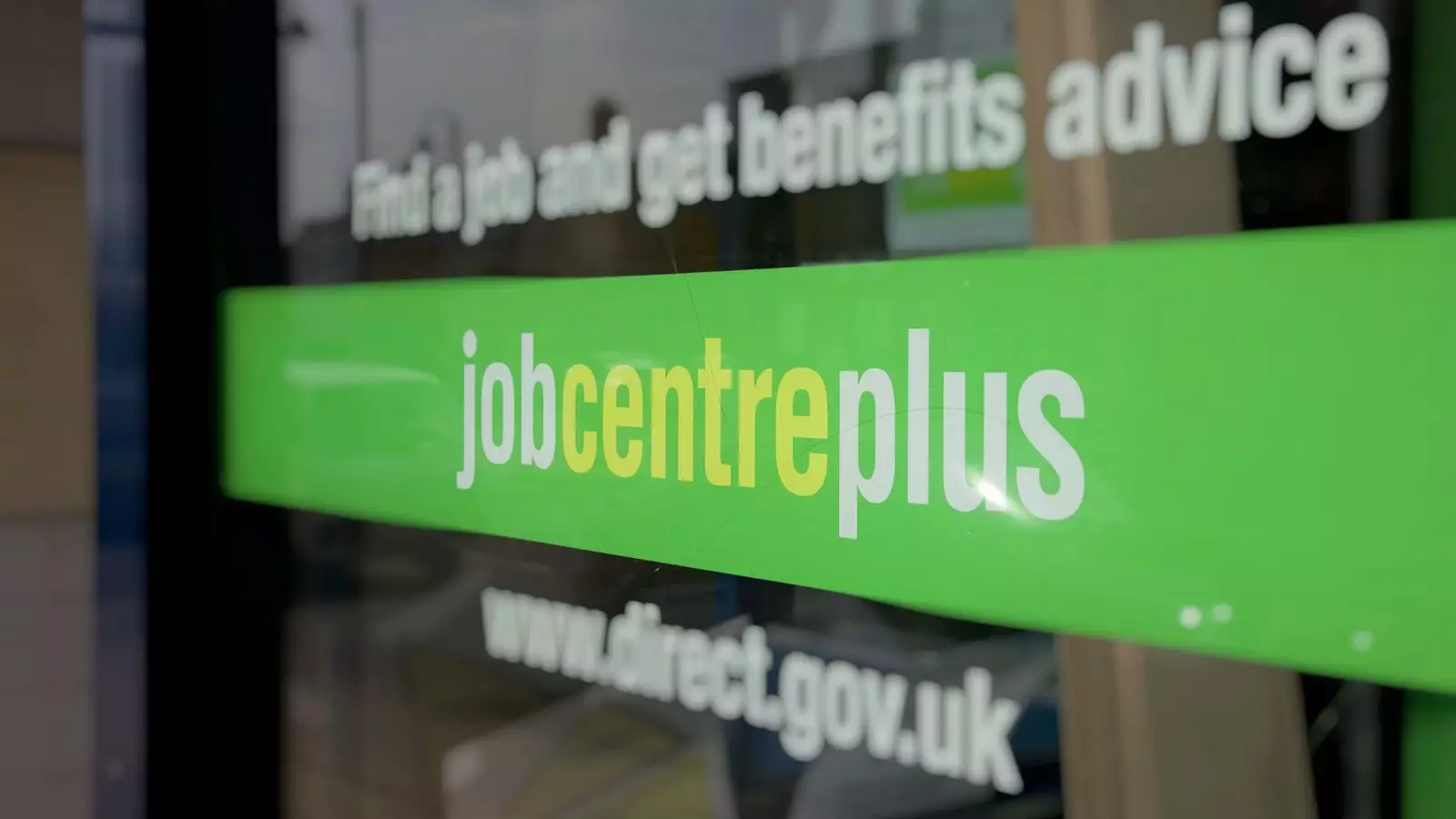The latest unemployment figures from the UK paint a bleak picture for both workers and the economy as a whole. The jobless rate has edged up to 4.6% as of April, marking an unsettling deviation from previous months. With more than 1.6 million individuals now categorized as unemployed, one can’t help but question the policies that led us here. The figures, released by the Office for National Statistics (ONS), signify not just a number but a tangible shift in economic security—a shift that many families will feel acutely.
April’s spike in unemployment coincides with the implementation of tax hikes on businesses and changes to national insurance contributions, which were anticipated to be a double-edged sword. While meant to alleviate a £22 billion shortfall in public finances left by the previous administration, these tax increases have become a catalyst for job losses, higher prices, and stagnant wages. This dramatic alteration in fiscal policy signals a troubling trend where individuals pay the ultimate price for government mismanagement and economic recalibrations.
Declining Payrolled Employment: A Wake-Up Call
The grim reality intensifies when considering the steep decline in payrolled employment. A staggering 109,000 jobs disappeared in May, nearly double the previous month’s figures and the most significant drop in five years. This isn’t just a matter of numbers; it is emblematic of a deeper issue that has begun to dismantle the fibers of job security in the UK. If businesses are hesitating to fill positions or bring on new employees due to increased operational costs, what does that imply for the future?
As businesses become increasingly cautious, holding back on recruitment efforts, the connection between tax policies and employment trends cannot be ignored. The warnings from lobby groups about potential job losses and economic angst appear to be manifesting in real time. This narrative of caution and uncertainty reflects a systemic failure that must be addressed urgently. What we are witnessing is not merely a fluctuation in statistics but a potential long-term decline in the quality of work and job availability across the country.
Wages Versus Inflation: The Real Cost of Living
Another concerning statistic is indeed the stagnation of average weekly earnings, which slipped from an already modest 5.5% down to 5.2% year on year. While this might seem marginal, it is drastically juxtaposed against the soaring inflation rate of 3.5%. Real wages, therefore, are dwindling, leading to a continued erosion of purchasing power for working families. When financial institutions like the Bank of England welcome the slowing wage growth, it is time for citizens to question the broader implications.
This situation does not merely speak to an economic downturn; it reflects a fundamental injustice faced by the working class. Diminishing pay and increasing living costs force individuals into a precarious existence, crushed by the weight of financial uncertainty. This is exacerbated by government rhetoric that inaccurately claims economic success, such as the Employment Minister Alison McGovern’s assertion of record-high economic activity and training opportunities. Such statements serve more as distractions from the pressing realities that countless individuals face day-to-day.
The Need for a Revolutionary Approach
What is categorically clear is that the current approach is insufficient. A mere patchwork of “Get Britain Working” initiatives won’t suffice in revitalizing the job market or improving the quality of life for citizens. Instead, what’s desperately needed is a transformational policy overhaul that prioritizes sustainable job creation, fair wages, and equitable taxation. The challenges we face are systemic and require imaginative solutions rather than half-hearted measures.
The future of the UK’s job market hangs in the balance, and we must acknowledge that a significant shift in our economic strategy is now imperative. Without proactive measures geared towards genuine reform, we risk entrenching a cycle of unemployment and economic despair. The implications of inaction affect not just the individual, but the fabric of society as well, as family livelihoods are jeopardized by bureaucracy and mismanaged policy decisions. Now is the time for courageous leadership focused on empowering workers and achieving lasting economic reform. The people deserve better; they deserve a future where opportunity is not the exception but the norm.

